The ultimate carbon monoxide Guide
- By Bahama Air
- •
- 20 Feb, 2019
- •
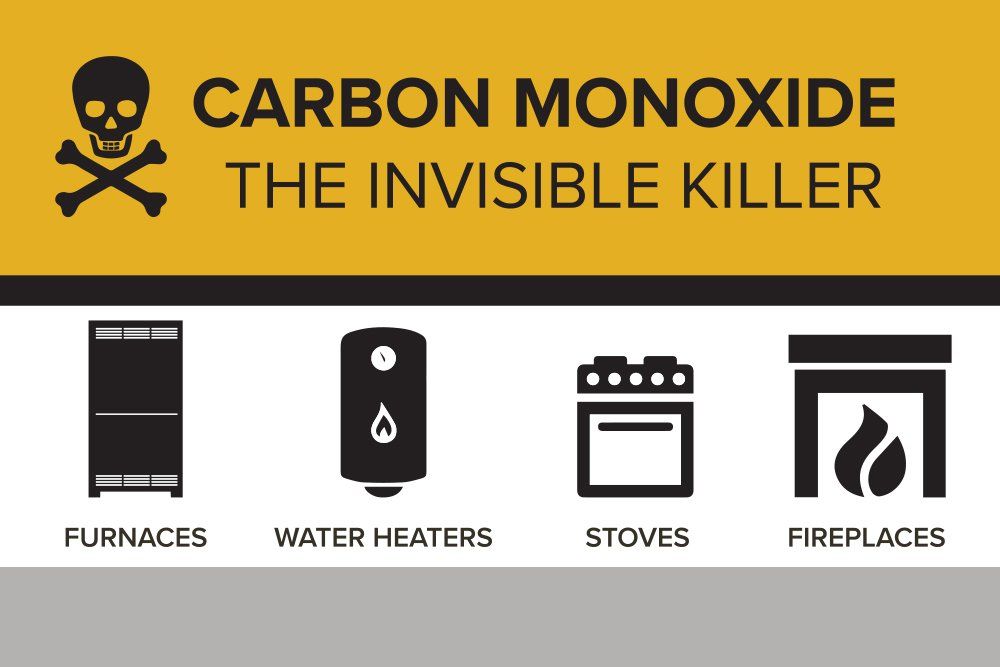
Carbon Monoxide is difficult to detect. It's been coined the "silent killer" for a reason. It doesn't have a smell, color, or taste.
It can be found in your home from your fireplace, gas ranges and furnaces. The build-up indoors can poison people and their pets who breathe it. In a five year span, 2010-2015, a total of 2,244 deaths resulted from unintentional carbon monoxide poisoning, with the highest number of deaths each year occurring in winter months.
As a licensed heating and air conditioning company, our commitment encourages us to share the consequences of this deadly gas and ways to help prevent carbon monoxide poisoning in your home.
Let's get started.
What is Carbon Monoxide?
Carbon monoxide (CO) is an odorless, colorless toxic flammable gas.
What is Carbon Monoxide Poisoning?
When you breathe CO, it harms the ability of your blood to transport oxygen. The poisoning is a result of not receiving the adequate oxygen... or asphyxiation.
Symptoms and Signs of Carbon Monoxide Poisoning
John Cunha, DO, FACOEP, an Emergency Medicine Physician, lists the CO symptoms from a headache, dizziness, and nausea to impaired judgment, visual changes and walking problems. The list is quite comprehensive.
If you suspect your symptoms are directly related to carbon monoxide, turn off the source (if you are aware of the source), move to fresh air and get away from your home as quickly as possible and call 911.
It is worth mentioning that carbon monoxide is slightly lighter than air, so it potentially rises. The scientific way of looking at it according to Healthy Building Science...
"CO indoors is usually generated from incomplete combustion (heat source) and therefore traveling in a warm air stream. Warm air is more buoyant and does rise."
What Can Cause this Deadly Gas in Your Home / What Causes a Leak?
Household appliances ranging from boilers, heating systems and gas fires can be sources of carbon monoxide gas. Even running your car engine in an enclosed space can cause CO.
Accidental exposure to blocked flues and chimneys, which prohibits the gas from escaping can cause toxic levels.
Treatments for Carbon Monoxide Poisoning
According to the Mayo Clinic, immediately breathing pure oxygen to replace the CO with oxygen in your blood is the first step in your road to recovery.
In severe cases, hyperbaric oxygen therapy rooms are used.
"This therapy involves breathing pure oxygen in a chamber in which the air pressure is about two to three times higher than normal. This speeds the replacement of carbon monoxide with oxygen in your blood."
Tips to Prevent Carbon Monoxide Poisoning
Tip 1
Inspect Your Chimney for Safety and Efficiency
Inspecting and cleaning fireplaces and chimneys is essential for safety and efficiency. A clogged chimney presents risks of carbon monoxide poisoning or fire.
wikiHow shows you exactly in 10 steps How to Inspect a Fireplace Chimney. You should be checking for any obstructions, such as bird nests or debris. Furthermore, you should also make sure there is no significant soot buildup, as it can be a dangerous fire hazard.
- Excess creosote, over 1⁄8 inch (0.3 cm) or 3 mm, can ignite in the flue and send flames shooting out the top of the chimney, even causing the home itself to catch on fire.
With a flashlight, inspect the flue damper to make sure it opens, closes, and seals properly.
You want to remove the dangerous, flammable creosote from inside the chimney. If your chimney hasn't been inspected in a long time, call a professional to check it and clean the ducts.
If you have a gas-burning fireplace, it needs an inspection as well. Houselogic has a step-by-step "How to Make Sure Your Fireplace & Chimney are Safe".
For the homeowners that have a gas-burning fireplace they suggest to:
- Inspect the glass doors for cracks.
- Check the gas logs positioning.
- Turn gas off at the shut-off valve and test the igniter.
Any precautions and steps you take now will help your furnace work more efficient later.
Tip 2
Check Your HVAC Vents for Proper Airflow
Throughout the year, furniture is often moved around and new furniture is brought into the home. Double-check around your house to make sure that nothing is blocking your heating vents.
Blocked vents are not only useless since heat can't get out, but they can also drive your heating up. In addition, a blocked vent can result in an overheated furnace.
Check both your supply registers, heat blows out of these, and your return registers, the air is drawn into these.
Do you ever close vents in unused rooms to save money?
The Energy Vanguard Blog did an excellent and comprehensive job at explaining why you really shouldn't close those vents. They went on to clarify unintended consequences of closing your vents.
In a nutshell, it can do more harm than good. A few of the after-effects are:
- Increased duct leakage
- Comfort problems because of low airflow
- Cracked heat exchanger, with the potential for getting carbon monoxide in your home
- Condensation and mold growth in winter due to lower surface temperatures in rooms with closed vents
You can read the full article here: Can You Save Money by Closing HVAC Vents in Unused Rooms?
Tip 3
Install Carbon Monoxide (CO) Detectors and Alarms
Carbon monoxide detectors are a lot like smoke detectors. The difference -they detect levels of carbon monoxide rather than looking for smoke and fire.
You must consider installing CO detectors in your home. Because CO is both poisonous and odorless, it is vital that you ensure your home, family, and pets are safe from this toxin.
Safewise, home security experts, put together an awesome Carbon Monoxide (CO) Detector Buyers Guide. They cover the best detectors, from basic to smart devices, available on the market.
The guide also explains where to install and how to maintain your detector.
Also be sure to call a HVAC professional to investigate and resolve any issues.
Protect America, committed to providing every home with security solutions wrote a step-by-step guide on:
How to Test Your Smoke and Carbon Monoxide Detectors
Both alarms should be tested once a month at minimum or according to the manufacturer's instructions. The NFPA (National Fire Protection Association) warns consumers that the "actuation of your carbon monoxide alarm indicates the presence of carbon monoxide (CO) which can kill you."
NFPA also states the fact:
"A person can be poisoned by a small amount of CO over a longer period of time or by a large amount of CO over a shorter amount of time."
Again if you sense you're threatened by CO, be sure to call emergency services (fire department or 911) and immediately move to fresh air.
Tip 4
Schedule Regular Maintenance
Have your HVAC system and any other gas or oil burning system or appliance serviced by a qualified technician yearly.
The fumes from heaters and ovens, if not working properly or used the wrong way, can cause a life-threatening situation. A pre-season furnace cleaning and check-up by a trusted professional can alert you to potential problems or just confirm that your system is healthy and ready for winter.
A qualified technician will check for safety and operation, ventilation, and mechanical maintenance. With regular maintenance and a thorough annual inspection, a typical furnace will last for 20 years or more.
If you notice any strange odors or noises during the course of the winter, it may indicate a problem developing, and it should be addressed immediately to avoid total furnace failure or serious injury.
Tip 5
Replace Your Batteries Twice a Year
Make a commitment to change the batteries twice a year. Make it easy on yourself, whenever it's time to spring forward or fall back (change the time on your clocks), replace your batteries.
Tip 6
Don't Run Your Vehicle Inside Your Garage - Ever
Some people believe if the garage door is open, it's fine to run the car.
According to T.H. Greiner, Ph.D., P.E. Agricultural Engineer, "the extremely high concentrations of carbon monoxide produced by an engine can raise CO concentrations in a closed building so quickly that a person may collapse before they even realize there is a problem."
"Proven studies have shown CO concentrations reach the Immediately Dangerous to Life and Health (IDLH) concentration of 1,200 parts per million (ppm) in only 7 minutes when a small 5 horsepower gasoline engine is run in a 10,000 cubic foot room."
Iowa State University conducted a study and found warming up a vehicle for only 2 minutes can raise CO concentrations. If you need to warm your car, remove it from the garage before starting it.
Tip 7
Do Not Heat Your Home With Your Gas Oven
While it may seem like a handy alternative, never use your oven to heat your home. An overworked, unattended oven can cause an explosion, as it is simply not built to run for extended periods of time.
Deadly CO gas can be given off from the gas flame that is intended to heat the oven.
Tip 8
Be Cautious When Using Fuel-Burning Space Heaters
Space heaters require regular attention while in use. The maximum temperature of the unit should be regulated and all materials should be kept at least three feet away from the unit.
Bear in mind that space heaters account for approximately one-third of home heating fires and 80 percent of home heating-related deaths every year. Never forget to turn off portable heaters when leaving the house or going to bed.
Only use space heaters in well-ventilated areas. Any space heater (fuel or electric) can be a fire hazard if not used properly and should be used with caution.
Conclusion
Leading causes of carbon monoxide in your home can be from faulty furnaces, water heaters, stoves, and fireplaces. It's critical to take the necessary precautions to keep a carbon monoxide free home. It could be a simple venting problem. If left unchecked, it could escalate into a carbon monoxide problem.
Have your HVAC inspected and cleaned every year by a professional. With proper maintenance, your furnace will work more efficiently, and save you money on expensive energy costs and most importantly...
Keep your family safe.
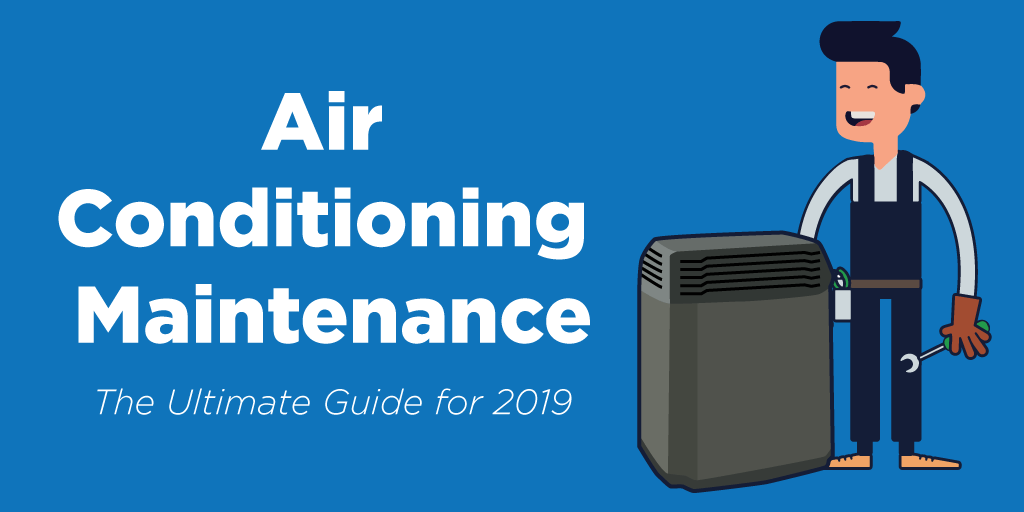
You rely on your air conditioning system to keep your home cool and comfortable, but in order for that to happen, your A/C system requires regular maintenance to function efficiently.
Just like any other home appliance, it's normal for your air conditioning unit to experience some wear and tear from regular use and develop mechanical problems at some point during its lifetime.
Keeping your system up and running smoothly requires proper attention to its maintenance and service needs. System maintenance can also save you money and headaches from unexpected breakdowns that can leave you sweaty and fuming!
If you are looking to keep your home comfortable (and who isn't?), then keeping your A/C running is a must.
Let's take a look at what you can do, and when you need to call in the pros, when it comes to air conditioner maintenance...
How Your Air Conditioner Works
If you recently moved from a home where you mostly used fans, window-mounted air conditioners, or are thinking of installing a central air unit, you may not be too familiar with the central A/C system. Don't worry... we can help.
Central air conditioning units operate in the same way that your refrigerator does, but on a larger scale. Essentially, your air conditioner quickly converts gas to liquid and back again using chemicals that move the heat in the air from inside your home to outside.
Why Does My A/C Need Maintenance?
Just as your car requires regular maintenance to run smoothly and properly, your A/C also requires regular care. Proactively taking care of your air conditioner not only extends the life of your unit, but it can also save you a substantial amount of money on repair and replacement costs. Something as simple as changing the air filter in your unit can prolong its efficiency as well as improve the air quality in your home.How to Shut Off Your A/C Power
When repairing or installing your A/C unit, it is important to turn off the power to your unit. Turning off your air conditioner's power not only protects your equipment and the unit itself, but also protects you from getting any type of electrical shock. Always check to see if you've successfully turned off your system by attempting to turn heating and cooling on from your existing thermostat.How to Clean Your Outdoor A/C Condenser Unit
Cleaning your condenser unit outside on a yearly basis will increase the efficiency of your air conditioner and protect your investment. This is an easy DIY cleaning project, but you can also hire a professional to clean your unit for you, if you don't have time. Cleaning the condenser is especially important if there are dandelions growing around your unit or an abundance of leaves or grass clippings.How to Level Your Outdoor A/C Condenser Unit
Moving your air conditioning unit can be a daunting task, but if the unit is not properly leveled, it may fail to function properly and could cause refrigerant leaks. Be sure to use a level to check your unit at least once a year, as the earth under your unit is constantly changing and settling.How to Clean Your Evaporator Coil
The Evaporator coils in your A/C unit are essential in cooling your home. Not only do they help cool things off, but they also remove the moisture in the air that causes that sticky humidity. Since these coils are typically moist from the condensation, they can easily collect dust and dirt and become dirty. Dirty coils prevent your central A/C unit from functioning efficiently, but they are also easy to clean.What if Your Condensate Drain Line is Clogged?
Remember that evaporator coil we talked about? In order to prevent all the moisture in that coil from living in your A/C unit, the condensate drain line removes that moisture from the unit. Since this drain line is almost always moist, it's a breading ground for mold and mildew which can cause the drain line to get clogged. This is one of the most common reasons a pro is called in to fix an air conditioner, which means cash out of your pocket.Changing Your Blower Filter
Just as your dressers and countertops collect dust, so does the air filter in your air conditioner. Imagine if you never dusted inside your home, it would get pretty stuffy and hard to breathe after a while, right? Well, that's exactly what's happening inside your air conditioner if you don't replace the filters regularly. You'd be surprised how much gunk and dust gets collected in a relatively short time. Fortunately, cleaning your air filter is an easy task and helps your unit run efficiently while also improving your air quality.Call Bahama Heating & Air Conditioningfor all your HVAC needs.
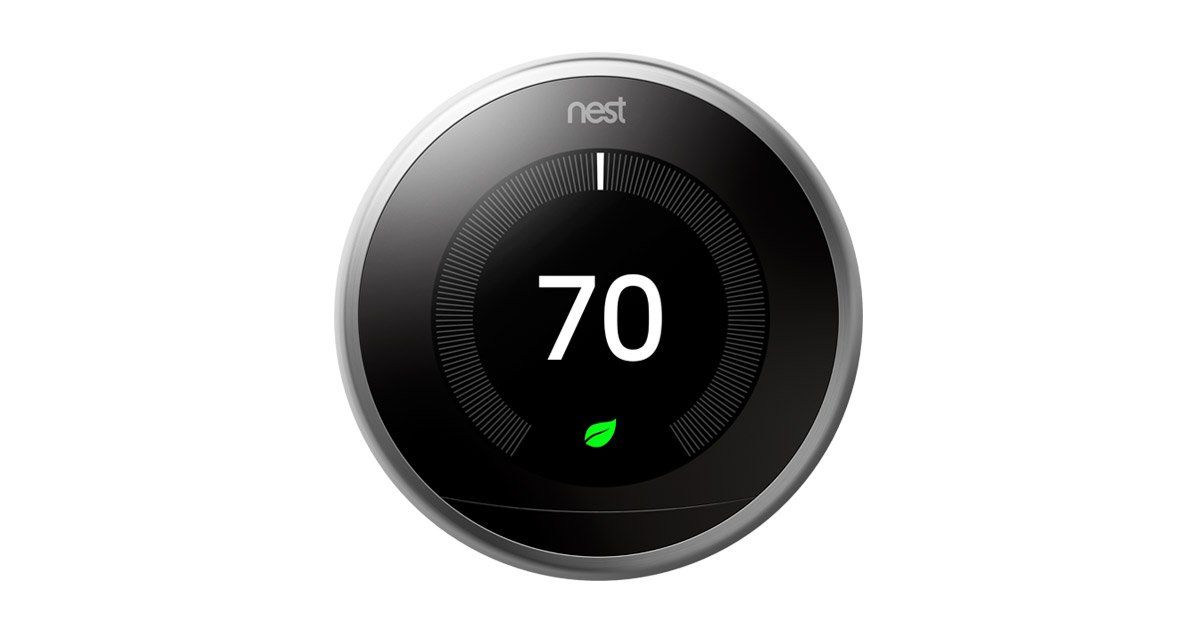
HVAC repair technicians are properly qualified to take care of anything that relates to installing, maintaining or repairing your heating, air conditioning and refrigeration systems. Our professionals have gone through rigorous training and certification and all our technicians and equipment installers are Certified, which involves demanding testing and indicates a solid understanding of the industry.
A few of the more common areas in which HVAC repair technicians can help you include:
- Installation —Having your HVAC systems installed by a professional is extremely important to prevent any future problems or needless repairs. Our professionals at Bahama Air Conditioning & Heating can also help you choose what size equipment is appropriate for your house. Selecting a system that is too large or small can impact efficiency and add to your energy bills.
- Maintenance —You’ve heard it time and again, but continued maintenance of your HVAC system is the simplest way to prevent future repairs and uphold efficiency. Ongoing check-ups help to make sure that your system has a longer life, performs correctly and provides your home (and energy bill) with the maximum efficiency possible.
- Repairs —If something appears to be not working right with your heating and cooling, a professional will examine the whole health of your system. It’s easy to hop on the internet and research information to find our own conclusions, but there could be an additional component or reason why your system isn’t working properly that isn’t clear or recognizable. Consider our own health concerns—you might check out your symptoms online to try and draw your conclusions, but it’s always best to make an appointment with a doctor to receive an expert opinion.
To be honest, an HVAC technician’s work goes beyond more than installation, maintenance and repair. Most people are increasingly spending more time inside the home, so indoor air quality, home energy savings and total comfort have become even more important. There are several choices and solutions when it comes to HVAC systems, and our experts will consult with you every step of the way and work with you to achieve your goals.
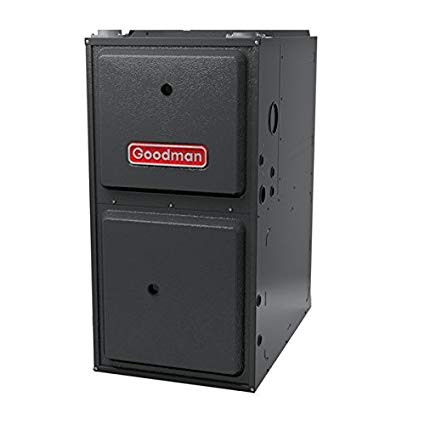
Is your furnace making strange noises? Or have you observed that your unit is blowing cold air when you’re expecting a comfortable blast of warm air? If so, it could be a indication that your HVAC equipment is about to fail amid this cold winter season. Here are some common warnings that you shouldn’t discount when it comes to your furnace:
Scraping Sound
If you hear a loud scraping sound that sounds like metal on metal, there is likely something amiss with the blower wheel. If you hear a sound like this, turn off your furnace immediately and call Bahama Air to investigate the furnace. There are numerous things that could be wrong with the blower wheel. First, it might just be loose and if the piece is not too damaged, can be tightened. Second, it might be that the blower wheel is broken and will require replacement. Or third, it might be that the motor mount is what broke, causing the complete blower assembly to shake uncontrollably.
Loud Bang When Furnace Starts
If there is a loud pop when your furnace kicks on, there are a couple of things that could be going on. Two regular culprits are a dusty furnace burner or ignitor. A dirty furnace burner or ignitor could keep the burners from igniting, causing gas to build up. When the gas finally does ignite, it will create the loud bang you hear. This could result in a safety problem, especially if one of these small explosions caused the heat exchanger to crack. Not only could that result in a carbon monoxide leak, but you would end up having to replace the heat exchanger, which could be very pricey.
Expanding and contracting air ducts can also create loud bangs after the heating system blower starts up. This is a common annoyance for homeowners with metal ducts. If your furnace is making the loud boom and it is produced by your air ducts, it could be a symptom of undersized ducts, obstructed vents, or a clogged air filter.
Whining Noise
If you hear a high-pitched noise, it could be the shaft bearings are in need of oil, there is an issue with the blower belt, or the blower motor is flawed. A seasonal furnace tune-up will help pinpoint these issues before they become substantial problems.
Cold Air Blowing From Heating System
There are a few reasons why your heating equipment could be emitting cold air. It might sound insignificant, but the thermostat is the first thing you want to consider. It’s the starting place for any furnace technician, too. Confirm the system is set to “auto” and not “on.” If the thermostat is set to “on,” your heating system will blow continuously, even when it isn’t heating the air being released, thus blasting cold air. Flipping it to “auto” will make sure the heating equipment only blows when it’s really heating the air.
You should also check your air filters. Typically air filters need to be changed every month to keep them from becoming dusty and clogged. If they aren’t changed often enough, the clogged air filter may restrict airflow into your furnace. If this occurs, it can overheat your system, causing the system to stop heating as a precaution.
Your duct work could also be to blame if it has leaks, connection problems, or was designed incorrectly, which could allow warm air from the heating equipment to leak out. This would not only cause your heating equipment to blow cold air, it could significantly run up your energy bills since your equipment is heating non-living space, and will have to work overtime to keep your home warm.
There are other reasons that your heating system could generate cold air including normal system wear and tear, among others.
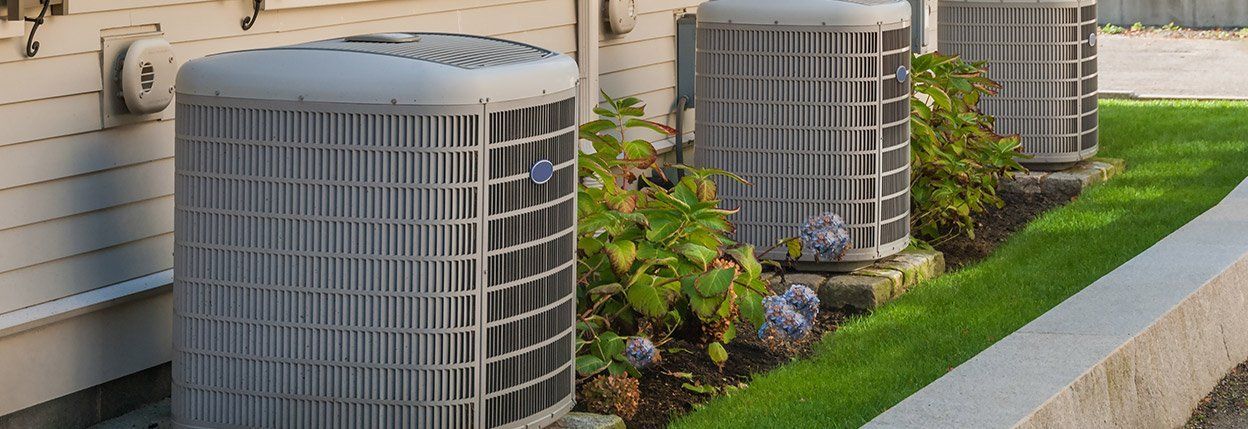
Cooling season has ended throughout much of North America, and some homeowners are wondering whether they should replace their air conditioners before next summer. No matter how diligent you are about maintaining your cooling system, you’ll inevitably have to replace it if you remain in the same home long enough. And budgeting for this expense can be a little tricky due to the numerous variables.
If you anticipate replacing your air conditioner within the next year or so, it’s a good idea to schedule a no-obligation consultation with Bahama air conditioning to get an idea of what it will cost and how you can benefit from a new, energy efficient system. But it’s also helpful to understand the factors that affect how much it will cost to install your new system.
Cooling System Type
While the average North American home has a ducted central air conditioning system, there are all sorts of cooling systems available at various price points. In warmer climates, for example, heat pumps are an attractive option because they cool effectively at a fraction of the operating cost of central air. But the equipment itself is often more expensive than a comparable air conditioner, and the installation typically costs thousands of dollars more.
Ductless mini-split systems may be more or less expensive than ducted central air, depending on how many units are needed. These systems cool individual rooms and are ideal for home additions and multi-unit buildings. In a small space, a mini-split system may be the most economical option. But if it would take several units to cool a home, it could be more cost effective to choose central air, even if it means installing ductwork.
One cooling system that is often less expensive to install than air conditioning is an evaporative cooler, also known as a swamp cooler. These systems cool homes by circulating air through wet pads, but they only work well in dry climates, and are rarely used outside of the Western United States.
Air Conditioner Size
One of the reasons why you should always work with an experienced, licensed installer is because an air conditioner must be sized to your home. Some contractors may think they’re helping their clients’ homes cool down faster by installing oversized units, but this just invites more problems.
If a unit is oversized, it will cool a home faster than it can dehumidify it, resulting in damp, clammy air. This can even contribute to mold growth. And if an air conditioner is undersized, it will run constantly without ever cooling the home, resulting in discomfort and high energy bills.
The bigger the air conditioner, the higher the equipment cost. But this is no place to go looking for savings -- your home needs the size it needs.
SEER Rating
Because air conditioners lose efficiency with age and manufacturers are always making technological improvements, replacing your air conditioner will almost certainly result in improved energy efficiency. But the size of that efficiency gain has a lot to do with your new air conditioner’s seasonal energy efficiency ratio, or SEER rating.
The SEER rating offers a handy way to compare the efficiency of different air conditioners at a glance. The higher the SEER rating, the more efficient the air conditioner -- and the higher the price.
Ductwork
If a home has existing ductwork, vents and returns, replacing or installing an air conditioner tends to be a straightforward job. But in homes that lack this infrastructure, the cost of installation can be several thousand more. The actual cost will vary based on the unique challenges of duct installation in the spaces you want to cool, but even with a simple installation, there is a lot of labor involved.
Supplemental Systems
Your HVAC system can do more than keep your home cool in the summer and warm in the winter. With indoor air quality systems, you can remove fine particles from your home’s air and make breathing easier for anyone with allergies, asthma or other respiratory conditions. And if you live in an especially dry or damp climate, whole-home humidifiers and dehumidifiers can work alongside your air conditioner and furnace to keep your air healthy and comfortable.
Adding one or more of these systems to your air conditioner installation will increase the cost, but may offer savings compared to installing them separately.
One or Both?
If your furnace is within a few years of its expected lifespan -- about 20 years -- it may make financial sense to replace it at the same time as you replace your air conditioner. Obtain quotes for the replacement of both systems individually and together to find out if you can save by replacing your furnace proactively. Don’t forget to factor in the efficiency gains you can expect from replacing your furnace before winter begins.
Work Quality
There’s no substitute for guaranteed quality when it comes to the systems that keep your home comfortable and safe. It’s important to always choose HVAC technicians who are experienced, licensed and insured. Handymen who lack these qualifications may offer lower prices, but air conditioner installation is no job for amateurs.
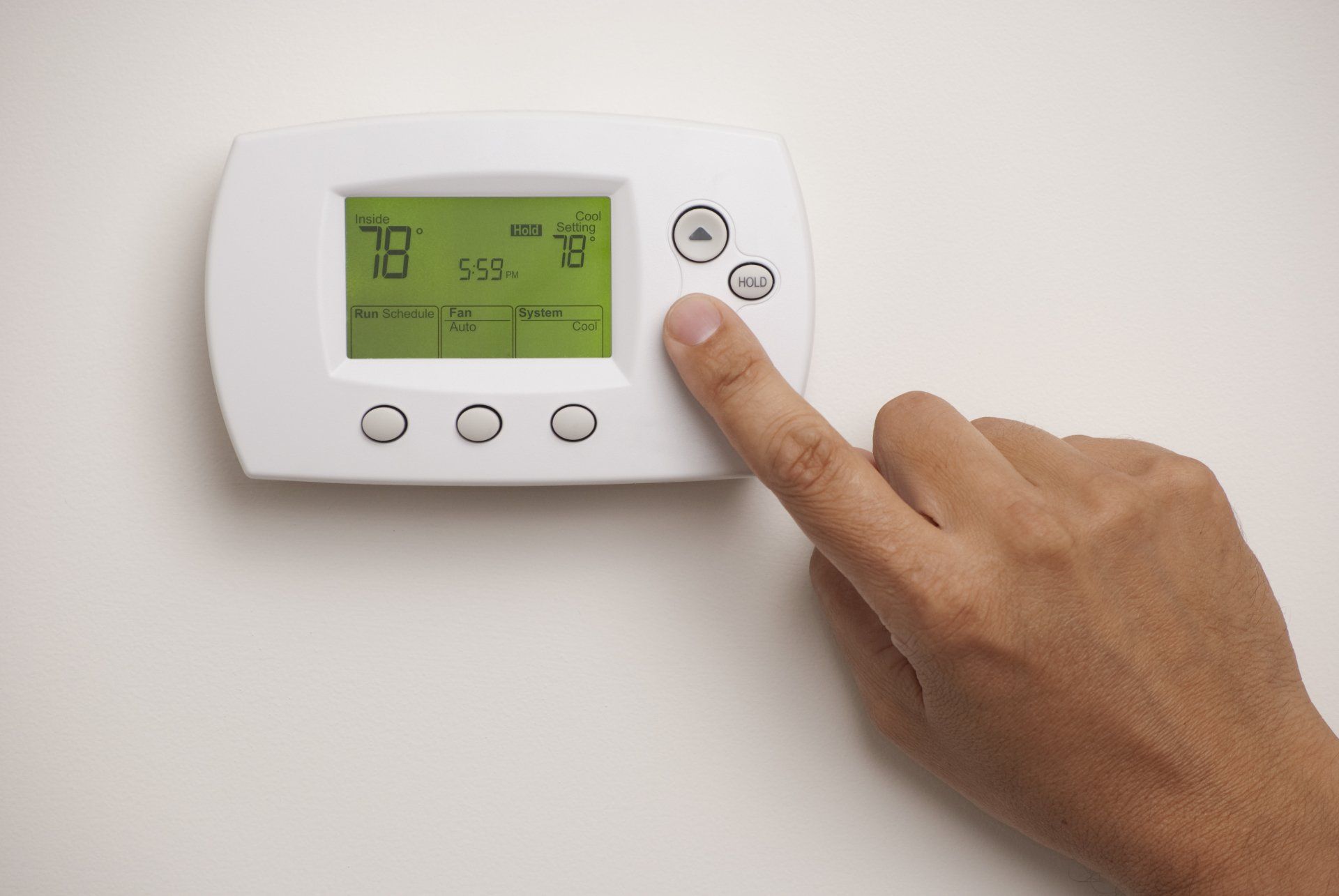
Winterizing your home with a furnace maintenance checklist will maximize the efficiency of your temperature and help curtail HVAC expenses by reducing heat loss.
Many homeowners choose to hire a trusted HVAC company to prepare their furnace for the winter months, while others take the do-it-yourself approach.
We recommend an annual service check by a professional to ensure your system is ready for peak performance. However, if you're planning to take some maintenance steps yourself, the following checklist will help you successfully prepare your furnace for the winter season.
Heating and cooling account for about 48% of the energy use in a typical U.S. home, making it the largest energy expense for most homes. [ source ]
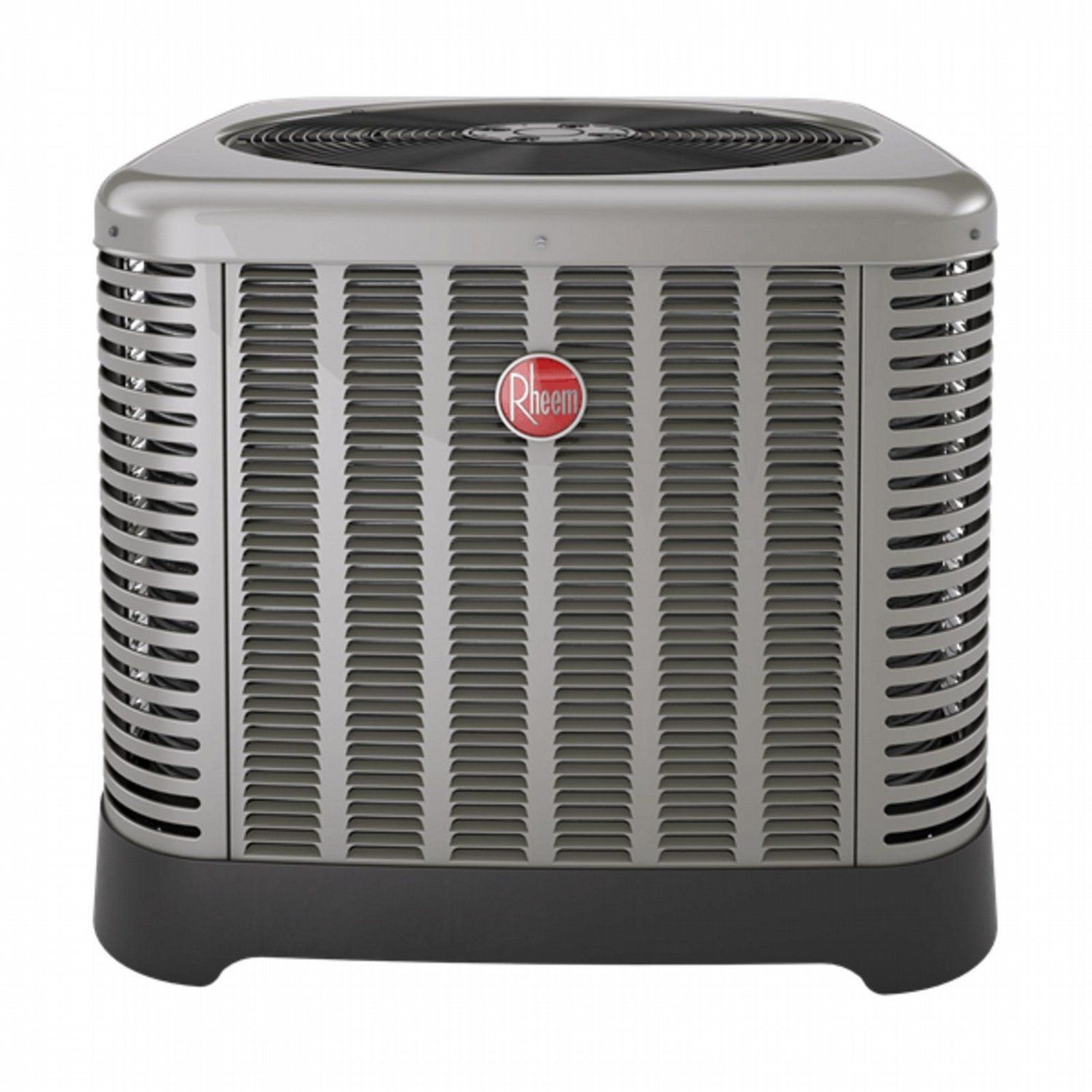
The HVAC systems in buildings should perform very well for controlling any unwanted issues. It is necessary to maintain the heating, ventilation, and air conditioner appliances in good condition for increasing the efficiency levels to a large extent. A ventilation system plays an important role in providing fresh air circulation within a building for enhancing the living standards. Many buildings use heating systems in order to create a warm and comfortable environment during the winter seasons. An air-conditioner is a type of appliance mainly meant for beating the excess heat in a building that occurs in the summer.
It is necessary to diagnose the conditions of HVAC systems in both residential and commercial buildings at regular intervals for enhancing the functions. Since HVAC requires proper maintenance, one should seek support from a leading company for handling complex issues. Another thing is that they help to lower the potential repairs for ensuring peace of mind. Building owners who want to service HVAC should seek from a certified and licensed firm for carrying out activities with high accuracy.
What are the advantages of HVAC services?
Servicing HVAC systems in buildings will result in many benefits and some of them include:
· Saves money on energy bills and fuel costs
· Helps to prevent costly repairs
· Extends the lifespan of appliances
· Ensures smooth operations
· Reduces high power consumption
· Increases the indoor air quality
· Adds more values to buildings
Hiring professional HVAC services
Buildings that are in need of HVAC services should consider working with a professional contractor for carrying out the works with accuracy. Moreover, the technicians appointed by a contractor will have a detailed study of HVAC systems and they show ways for addressing the issues with modern tools. Customers can even know more about the preventive measure with them to minimize risks in advance. It is possible to enhance the safety levels of HVAC systems after servicing the same with an experienced contractor.
Getting solutions for HVAC repairs
HVAC systems in buildings may become defective due to poor maintenance, wrong wiring connection, voltage fluctuations, insufficient power supply, and other factors. Therefore, it is a wise one to find solutions for the repairs immediately for regulating the working conditions.
Resolving air-conditioner repairs
An air-conditioner appliance is the most used appliance in various types of buildings because it helps to keep the surroundings in a cool condition when the temperature is high. A contractor will analyze the reasons for air conditioning repair with the latest applications and will fix them with the most advanced technologies. In fact, the building owners can replace the filters and other parts in an appliance with highly qualified technicians for obtaining optimal results. Furthermore, they will focus more on eliminating the gas emission and other problems efficiently to get more protection in life. Building owners can even handle the appliance smoothly after completing the repair works with a contractor. Apart from that, they can control the loud noises of an air conditioner to witness complete satisfaction.
Heat systems repairing
Furnaces, water heaters, heat pumps, gas-fired space heaters, and electric space heaters are some of the heating systems used in a building. The heating repair will ultimately help to upgrade the conditions of a system with high success rates. In most cases, a contractor provides ways for executing repair works efficiently to run the systems without out any difficulties.
Similarly, it is possible to promote the functions of a water heater in buildings with a contractor that can help to cu-down the electricity bills. Building owners who want to repair the gas heater and other systems can seek assistance from a reputed firm for overcoming complications.
HVAC repair services at affordable rates
The HVAC repair services include different types and they need a special attention for keeping them in a better state. Most contractors aim at rendering services to customers with the latest applications for gaining more advantages. They pave methods for analyzing damages and repairs properly which can help to get the desired outcomes.
A building owner should give more importance to backgrounds, reviews, and testimonials before hiring HVAC services from a company. The costs of HVAC services are an expensive one and some contractors even arrange financial assistance to customers with flexible repayment options. Emergency services are available for the building owners enabling them to manage the severe problems immediately. Customers can get free quotes from a company for hiring services which exactly fit their budgets.
Investing money in HVAC service is a wise decision which can bring more wonders to buildings. However, it is advisable to work with a contractor who has a wide knowledge of repairing and other services. Customers can schedule their appointments online for resolving the issues of HVAC systems to ensure more comfort levels in a building.
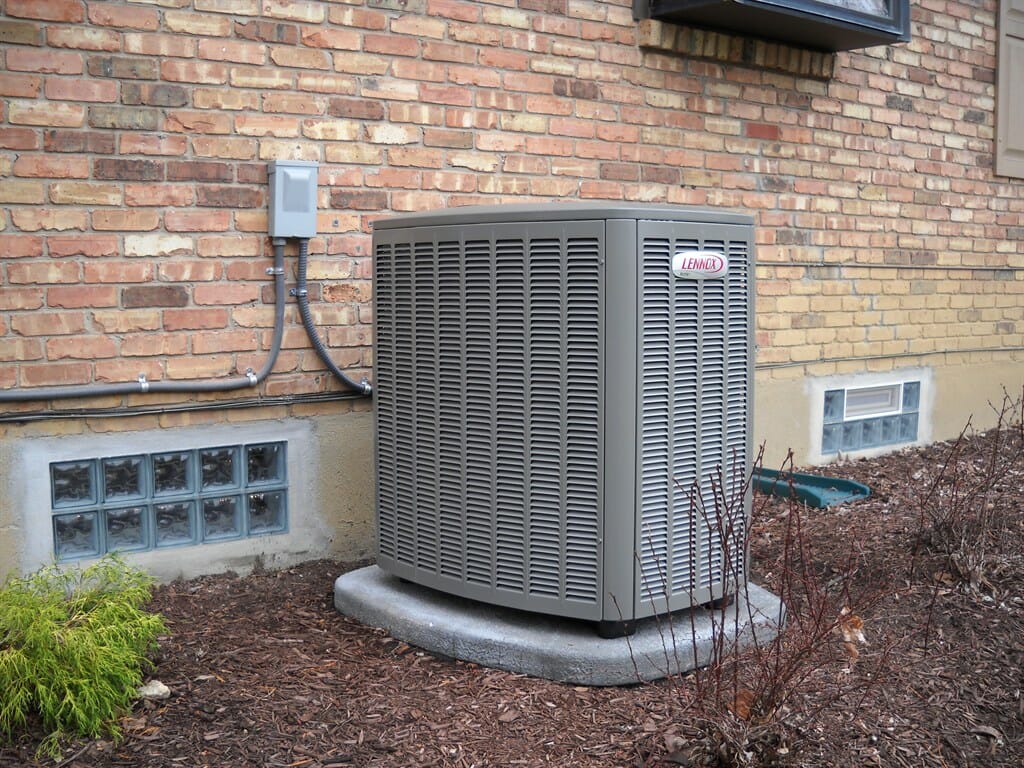
No matter what time of year it is, you want to ensure that your home’s HVAC system is working properly. Whether it’s the summer or winter, your HVAC gets used a lot, so you need to make sure its running properly for optimum use. You’ll want your home to be cozy and warm in the winter and super cool and refreshing in the summer. A fully functional HVAC system will make that happen! Here are some signs that indicate your HVAC unit needs to be serviced by a professional:
1. Is one room hotter than others during the summer?
If you notice that one room is significantly hotter than others when it super hot out can be a telltale sign that your HVAC system needs to be checked. It might be due to duct problems or equipment malfunction, but rooms should all be around the same temperature on one HVAC system. If certain rooms start to have unfavorable temperatures, call in a professional.
2. Are Your Bills Too High?
If you notice a huge jump in your electricity bill, then something in your HVAC system isn’t working as efficiently as it should. You’ll obviously see a rise whenever you use the system more, but a really huge jump warrants a call to an HVAC professional to come out and check the system.
3. Is The System More Than 15 Years Old Or More?
Older systems will start to break down because of typical wear and tear. So if you have a system that’s 15 years old or more, it may be time to get a new HVAC system. Old systems might not function right and won’t provide the right temperatures no matter how much maintenance you provide it.
4. Do Your Hear Random Noises?
If you start to hear popping or rattling sounds, it could be signs that your unit is on the verge of breaking down completely. In fact, hearing any weird or unusual sounds warrants a call to a professional to check the system very soon.
5. Has Your Home Been Experiencing Excessive Dust?
If you’ve noticed more dust than usual in your home, your HVAC system could be the reason. Leaking ducts and clogged air filters can cause a lot of dust, which means it needs to get repaired.
If you’re experiencing any of the above or feel something is off with your HVAC system don't hesitate to give Bahama Air a call!
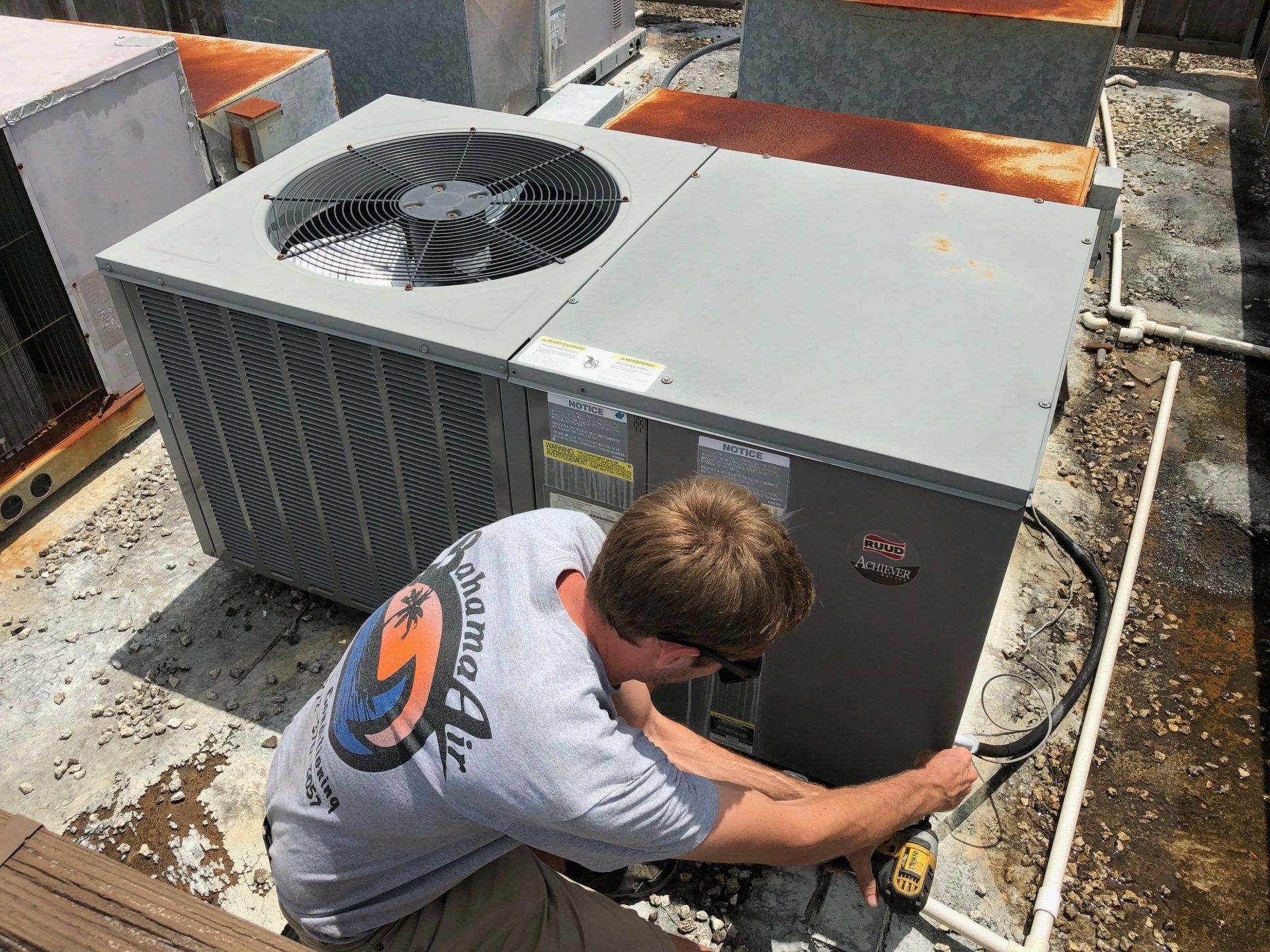
HVAC (Heating, Ventilation and Air
Conditioning) refers to a mechanical system which regulates the environmental
conditions inside a building. Nowadays, it is being installed in every modern
building.
The system is quite a complex one and consists of three basic functioning units– heating, ventilation and air conditioning, as the name itself suggests. During the construction of a building, engineers and contractors estimate the total building space and requirements in order to design and build an appropriate HVAC system for the building. These environmental regulatory systems are a vital part of all new buildings.
The heating component is responsible for providing adequate warm temperatures inside the building. The heaters are used to generate warmth using a liquid medium, such as water, mainly.
The heated water or steam is transported via a piping system, with the use of circulators and radiators that work their way to spread the warm air equally in all the spaces through metal or fiberglass ducts. These ducts play a role in the dispersal of cooled air from the air conditioning system, as well. The whole heating mechanical setup is also referred to as ‘Central Heating.’
Ventilation is the process by which impure air is replaced by clean, oxygenated air throughout the buildings. Any form of impurities, such as dust, excess moisture, smoke, odors, airborne bacteria, heat and carbon dioxide are expelled out of the building in exchange for acceptable indoor quality air.
This is achieved by mechanical(forced) and natural ventilation both. In mechanical ventilation, air handlers, ceiling fans, table/ door fans are the key regulators while natural ventilation makes use of windows, louvres and trickle vents. All contaminants are removed while breathable, pure air is provided via the ventilating system.
For the air-conditioning component, air conditioners are used to provide cooling and humidity control. This could be achieved by internally built central air-conditioning systems or by the use of split air conditioning units with indoor and outdoor coils. They come with dehumidifiers as well, which remove excess moisture from the air and make it more pleasant.
Maintenance of the air conditioner units is quite simple - the foremost step includes changing their air filters regularly, as they collect dust and dirt quite quickly and start to work less efficiently. This leads to a wastage of energy, high priced bills and decreased equipment life.
All these components create an interrelated system which purifies the air, regulates hot and cold temperatures and provides a clean and safe environment to live in. It is ideal for all residential, commercial and non-commercial infrastructure. The cost of installing and maintaining such a system is quite reasonable as well.
However, these systems require regular maintenance, which, could sometimes be a handful. If not taken care of properly, some components of HVAC system may start malfunctioning. Their timely repair is vital for the restoration of a clean environment in their respective buildings. Any sort of air conditioning repair, heating repair or HVAC repair requires expert personnel, trained specifically in this regard.
We are here to provide you with top-tier repairing services, which are not only cost efficient, but also guarantee high quality work for your HVAC system. Our commitment is to leave you content and satisfied, without a doubt. The link to our website is attached below.
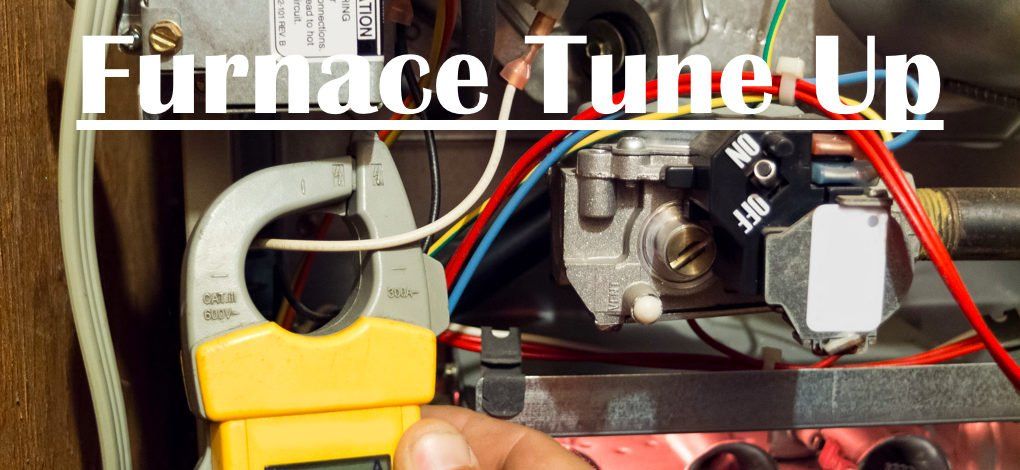
Your furnace may be the furthest thing from your mind in these dog days of summer, but it will be time to flip the thermostat switch before you know it. Have you made your furnace tune up appointment yet? You don't want to put it off, and you definitely don't want to mistake your annual tune up for optional maintenance.
Furnace tune up is important for several reasons:
It helps you save money. Every furnace will lose a little bit of efficiency from year to year, but a neglected furnace will lose it at a much faster rate. If you take care of your furnace, your furnace will take care of your heating costs. What’s more, a tune up gives your HVAC technician an opportunity to find and fix small problems before they turn into big, expensive ones.
It keeps your family safe. As a furnace ages, the risk of cracks in the heat exchanger increases. These cracks can allow deadly carbon monoxide to leak into your home. An annual tune up is a critical safety inspection for this and other problems that could potentially lead to smoke, fire or other dangerous emergencies.
It extends the life of your furnace. The typical furnace lasts around 15 years, but if you don’t get your tune up every year, good luck making it to that benchmark. On the other hand, if you take great care of your furnace, it could serve you for many years beyond that point.
It gets your furnace clean before fall. Have you ever turned on your furnace for the first heating cycle of the season, only to have your home fill up with noxious air? That’s the smell of dust burning off of your furnace’s heating elements. If you get your furnace tuned up before you need to use it, you can avoid this unpleasant autumn ritual.
It ensures proper airflow. Even if your furnace is doing its job right, that warm air won’t get where you want it without proper air pressure. A check on your air handler is also a typical part of furnace tune up, which helps make sure that your HVAC fan is ready for winter.
Your warranty may require it. Did you buy a new furnace within the past few years? If it’s still under warranty, it’s likely that annual maintenance is a condition of keeping that warranty valid. You wouldn’t want to suffer an expensive breakdown only to find that your warranty won’t cover the repair.
It helps you plan for replacement. As we said above, your furnace gets a little less efficient every year. Running your furnace until it breaks down for good might seem like the best way to delay the cost of replacement, but your heating bills could be sky high in that last year or two -- and you don’t want to sit around shivering while you wait for a new installation. Talk to your technician after each tune up to make a plan for proactive replacement, which will give you time to budget for it.
Visit bahama airto make an appointment.
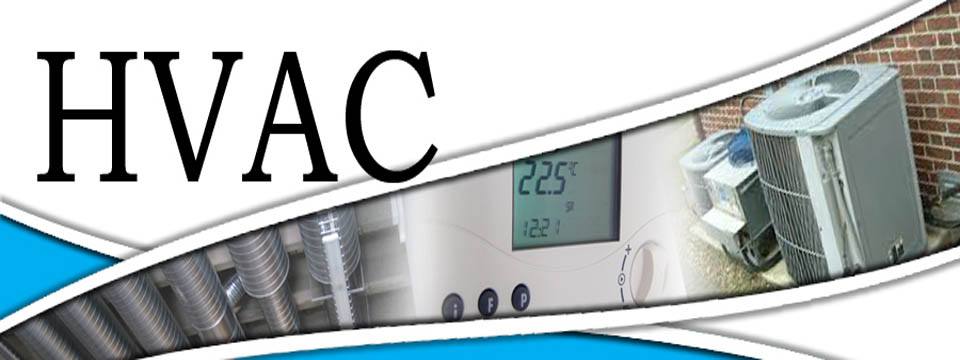
A heating and cooling system provides comfort to your entire home. It is an extremely complex unit and requires indepth knowledge to install properly, but how do you know which HVAC company is right for you?
Experience? Credentials? References?
Truth is - all of these are important. But, here's the kicker: you should never use any single resource to determine your choice.
Because all of them matter.
And today I have something that will help you make a smart choice and hire a HVAC company best for you:
24 top questions to ask before you hire your next HVAC Company.
First, A Quick Recap…
As a heating and cooling provider, I get some of these questions over and over again. The questions have been compiled for you to find a HVAC service provider that can do the job correctly. There is plenty of competition in the HVAC business but it is not difficult to find a qualified technician as long as you know what to search for.
To narrow down your decision you can search a few companies online and comparison shop. Depending on the work you need done, look at the differences and similarities the businesses display. Not all HVAC companies or HVAC technicians are created equal.
5 Easy Steps to Take When Choosing a HVAC Technician
Step 1: Check Their Experience
For obvious reasons, technicians should have completed a few jobs. It's in your best interest to work with up to date and experienced contractors. Less qualified companies may not keep their employees or technicians current with the latest technology. This may cause you from having a newer or more current design.Step 2: Check Their Credentials
Most established contractors are properly certified. The HVAC Excellence is a certification program for HVAC technicians that will ensure their work quality through validation and continuing education. All certifications should be up to date. You can also find qualified technicians through such organizations as:
- ACCA - (Air Conditioning Contractors Association of America)
- NATE - (National Association of Technical Excellence)
- RESNET Energy Smart Contractor
You should also consider what the required licenses are for your state and if there are contractors that meet them. Liability insurance should also be used to compare technicians. Insurance will protect your property and workers if anyone gets hurt.
Which HVAC Certifications do Technicians Need?
Step 3: Ask for Estimates
Getting the best price is always good, but make sure you are getting the best service with that price. Ask for estimates from candidates and compare what each offers for their price.
You should only consider price after finding the most qualified. In the end it will save you money.
Step 4: Check Their References
Before a person gets hired at a new job, the employer asks for references. You should do the same with hiring a HVAC technician. It's often a great place to start with recommendations from friends and family in the area.
There are also online directories that list companies that are verified as good options.
Step 5: Read Reviews and Testimonies
You should consider reading some reviews from past customers of technicians. You can usually find these on their website. Online directories may also post reviews. Good and not so good reviews can be the determining factor for which HVAC technician you choose.
Now for the goods...
How Do You Know a HVAC Company is Right for You?
Ask questions...
24 Easy Questions to Help You Hire the Best HVAC Company
1. Have you been in business very long?
(Note: Only an experienced contractor can do your installation correctly.)
2.
Can I have your street address?
(Note: Don’t do business with contractors who refuse to give you their address.)
3.
Are you licensed to do this type of work?
(Note: Your homeowners insurance doesn’t cover work done by unlicensed contractors.)
4.
Do you have an office staff?
(Note: Who’s going to respond to your questions, comments, concerns, or complaints.)
5.
Will you guarantee the price quoted will be the final price, even if you overlooked something?
(Note: Beware of a low initial price followed by price increases after the work has started.)
6.
Will you guarantee my satisfaction?
(Note: Get this guarantee in writing.)
7.
Is your company a drug-free workplace?
(Note: Ask to see their zero drug tolerance employee policy.)
8.
Do you do a pre-employment back ground screening?
(Note: Keep previously convicted criminals out of your home.)
9. Are your technicians employees of your company or are they sub-contractors?
(Note: Stay away from working with companies that act as the middleman, selling your project to another company.)
10.
Will you clean up at the conclusion of each day’s work?
(Note: Many contractors do not include a thorough clean up as part of the job.)
11.
Will you remove any old equipment and all debris from the premises?
(Note: Beware of “disposal fees” that get tacked on at the end of a job are a common hidden fee.)
12.
Is there an extended warranty available?
(Note: A low price with a short warrant period can end up costing you more money.)
13.
Do you place a high priority on warranty calls?
(Note: Many companies put warranty calls on the “back burner”, leaving you stranded.)
14. Will your technicians be in a company uniform?
(Note: Service people often bring others who don’t belong on the job site.)
15.
Can you show me copies of your Worker’s Compensation Insurance?
(Note: Make sure the company you’re working with is protecting their employees while working on your property.)
16.
Are permits and inspection included?
(Note: Avoid hidden permit and inspection fees.)
17.
Do you provide a 33 point post installation inspection checklist?
(Note: It’s important to make sure your new system was properly inspected after the installation process.)
18.
Do you offer a no lemon pledge and guarantee?
(Note: Make sure your protected from the installation of faulty equipment.)
19.
Do you offer a lifetime guarantee on ductwork?
(Note: Make sure you hire a company that stands behind their work.)
20.
Do you offer the option to with-hold payment until the job passes final inspection?
(Note: Make sure your installation process passes final inspection.)
21.
Are there any rebates that I qualify for?
(Note: Only approved contractors can provide these rebates.)
22. Do you have an “A” rating with the Better Business Bureau?
(Note: You’ll want to work with a business that puts their customers first and has minimal complaints.)
23. Does your company offer and on-going service contract and free maintenance reminders?
(Note: It’s best to work with a company that you can build a trusted long-term relationship with to keep your system running at peak performance year round.)
24.
Is your company a member of ACCA (Air Conditioning Contractors of America) and the AHRI (Air Conditioning, Heating, and Refrigeration Institue)?
(Note: It’s best to work with companies that are members of these organizations to ensure they are actively involved in the latest industry technology advancements.)
